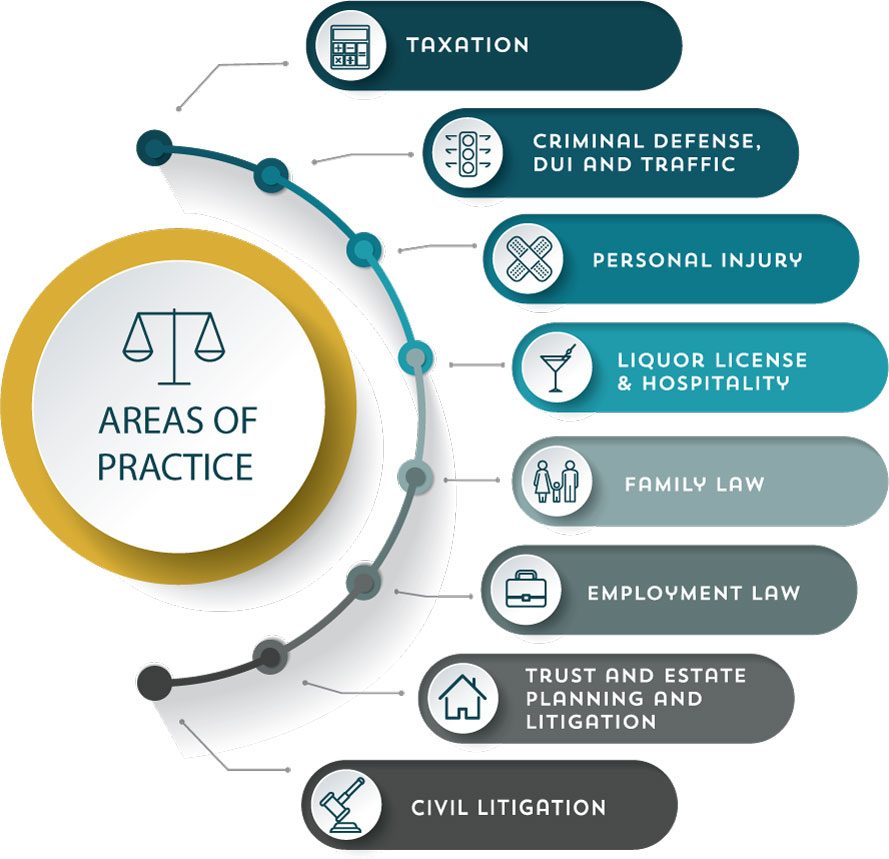Breaking Down Legal Lingo: A Guide To Understanding Your Criminal Regulation Specialist
Breaking Down Legal Lingo: A Guide To Understanding Your Criminal Regulation Specialist
Blog Article
Writer-Hede Piper
Comprehending your criminal law specialist does not have to be confusing. Learn the significance of terms like 'potential reason' and 'guys rea' to navigate your instance efficiently. Ensure clear interaction with your attorney, be straightforward, and ask questions to clear up any type of uncertainties. By untangling legal jargon, you equip yourself for a successful collaboration.
Common Legal Terms Demystified
If you have actually ever really felt bewildered by lawful lingo, let's streamline some usual terms for you. One essential term to grasp is 'probable reason.' This refers to the demand in criminal regulation that cops should have sufficient reason to jail a person, perform a search, or seize residential property. It works as a guard versus arbitrary arrests and invasions of personal privacy.
An additional essential term is 'beyond a practical question.' This is the high standard of proof needed for an accused to be convicted in a criminal trial. It implies the evidence must be so strong that there's no reasonable doubt in the mind of a reasonable individual that the defendant is guilty.
Understanding these terms can aid you browse the legal process more confidently. By demystifying these common legal terms, you can encourage yourself to far better comprehend the intricacies of criminal law and communicate efficiently with your legal specialist.
Key Concepts in Criminal Regulation
In criminal regulation, recognizing essential ideas such as guys rea and actus reus is essential for comprehending the components of a criminal offense. https://drive.google.com/file/d/1rylBWEcMaqdTRMdp1LkO1I5Mrv_3J3Di/view?usp=drive_link refers to the mindset or objective behind committing a criminal activity. It differentiates in between intentional acts, reckless habits, and neglect, impacting the intensity of the crime. Actus reus, on the other hand, handle the physical act or conduct that makes up a criminal activity. Both mens rea and actus reus must be present for someone to be convicted of a criminal activity.
Furthermore, the idea of causation is important in criminal legislation. It establishes a link between the defendant's actions and the damage caused. Without a direct causal link, establishing shame comes to be difficult. Furthermore, the principle of concurrence requires that the mindset and physical act align at the same time for a criminal offense to happen. Recognizing these vital ideas will certainly help you navigate discussions with your criminal regulation expert better.
Effective Communication With Your Attorney
To make sure an effective collaboration with your attorney, maintaining open and clear interaction is vital. Your lawyer is there to aid you browse the complexities of the lawful system, yet they can just do so effectively if you give them with all the required information. Be sincere and forthcoming about the details of your case, including any kind of realities or occasions that might seem insignificant to you. Remember, your attorney is on your side and requires to have a full understanding of the situation to best represent you.
When interacting with your lawyer, make sure to ask concerns if there's something you don't recognize. Your lawyer is there to assist you, and no doubt is as well little. Furthermore, be responsive to any ask for info or documentation. Prompt actions can considerably impact the progression of your instance and help your lawyer develop a strong protection strategy. By promoting https://www.justice.gov/usao-edmo/pr/jackson-man-sentenced-30-months-ordered-repay-75-million-health-care-fraud-scheme built on reliable interaction, you and your attorney can interact towards a favorable outcome.
Final thought
Since you have a better understanding of lawful jargon and crucial principles in criminal law, you can effectively connect with your lawyer.
For example, imagine you're dealing with a medicine ownership fee and your lawyer discusses the idea of 'reasonable doubt' to you.
By recognizing this term, you can collaborate to build a solid protection approach and increase your chances of a successful end result in your instance.
